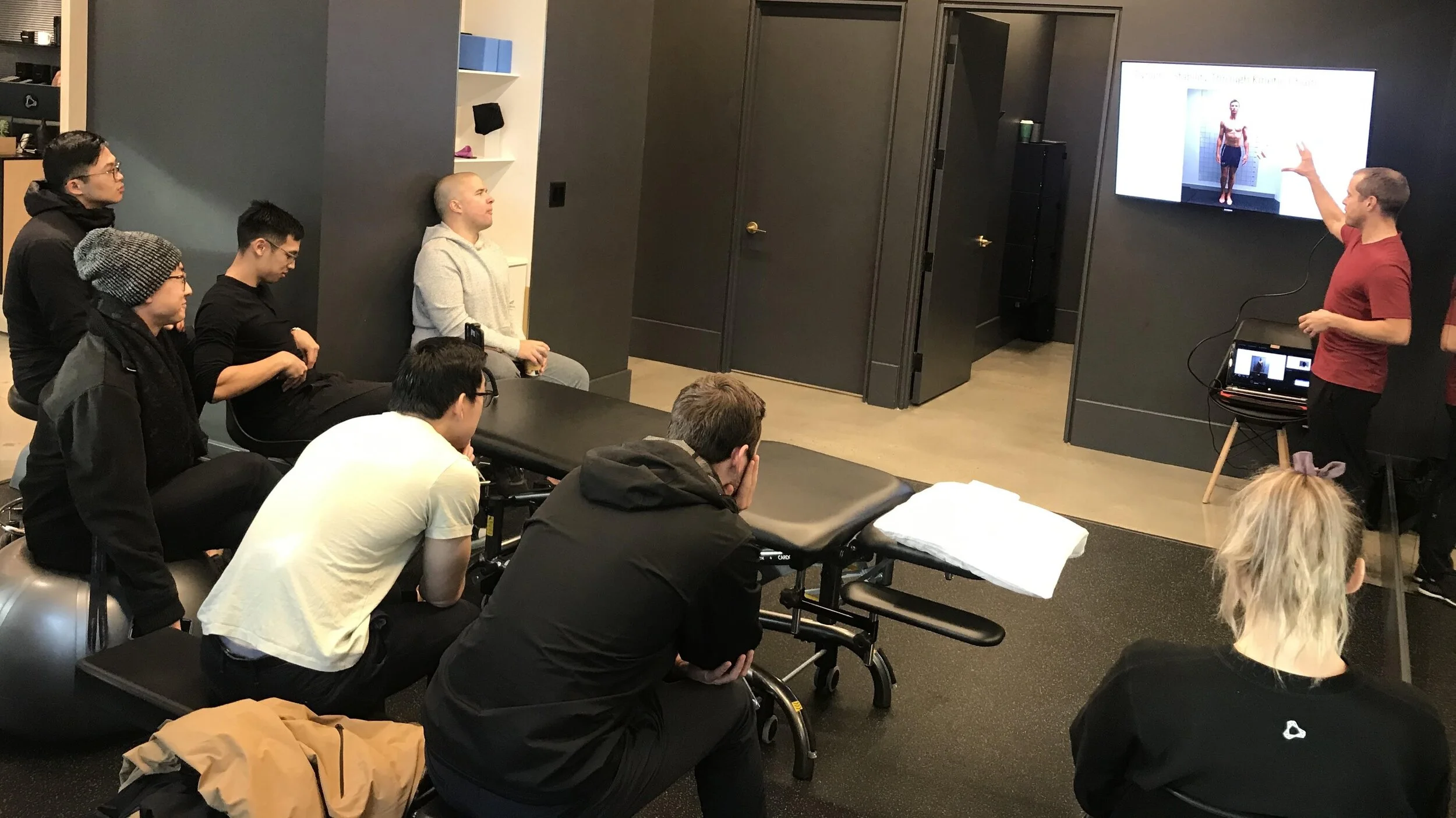Every now and then a new concept spreads like wildfire and is soon adopted at scale by organisations and professionals within a given domain. This is a scenario that seems to be especially prevalent within professional sport and the performance sciences in general. Initially early adopters are drawn in by an appealing message and a story that they find compelling. As the idea gathers steam, the growing uptake seems as much motivated by anxiety and the sense that ‘everybody else seems to be into this, so perhaps I should be too’. In due course the concept becomes firmly established and its legitimacy is widely accepted. For those caught up by this wave (or mown down by it) this all seems to occur with dizzying speed. All of this speaks to the captivating effects of ideas and the power of narratives. It also begs the question how might we avoid being taken captive and resist being swept up by the tide. Even once the wave has subsided, these events leave in their wake a detritus of zombie ideas that we as leaders, coaches and practitioners must navigate thereafter.
Tackling Innovation in Elite Sport
An outsider’s view of elite and professional sport tends to assume that these environment are constantly engaged in ‘pushing the envelope’ in the relentless pursuit of better. The situation in reality tends to be quite different. Conventions and the pressure to conform to what others are doing have a powerful pull. Paradoxically the resistance to exploration and barriers to innovation are often more pronounced the highest level. Especially within professional sport those involved are acutely aware that their position is highly prized and job security at a premium. These conditions are naturally not conducive to taking risks or moving beyond the tried and tested. All of this helps to explain the abundant examples demonstrating that opportunities remain to gain significant competitive advantages and even some easy wins
Continuing Our Education
As many practitioners will testify, it is after we have completed our formal education, professional training and certification that the real learning begins. The day to day experience of solving problems with live humans is when we discover the limits of our knowledge. It is also here that we find out that the reality is quite different to what is taught in class and the version that appears in (most) textbooks. Individuals, organisations and certifying bodies alike recognise this need to continue our learning once we are working in our respective field. The terms continuing education, continuing professional development and variations thereof will be familiar to most practitioners across disciplines (sadly it is not so well established in the coaching profession). What is less clear is how we might best tackle this ongoing quest and make good choices from the growing array of options with regards to content and the modes of delivery that are available to us.
Realities of 'Performance Consulting'
It is increasingly prevalent for forward-thinking individuals within various organisations to seek insights from other domains and explore novel practices that have been applied with success elsewhere. Coming in as an outsider also allows the separation and distance that is necessary to offer an objective assessment of where things currently stand. In either scenario it is becoming more widely recognised that there is merit in seeking out different perspectives. A different way of considering the problem naturally opens up new possibilities for solutions. One route to achieving this cognitive diversity is via recruitment and employing individuals different backgrounds importing expertise from overseas bring experiences from other sports. An alternative strategy as we will explore is to engage individuals in a consulting capacity.








